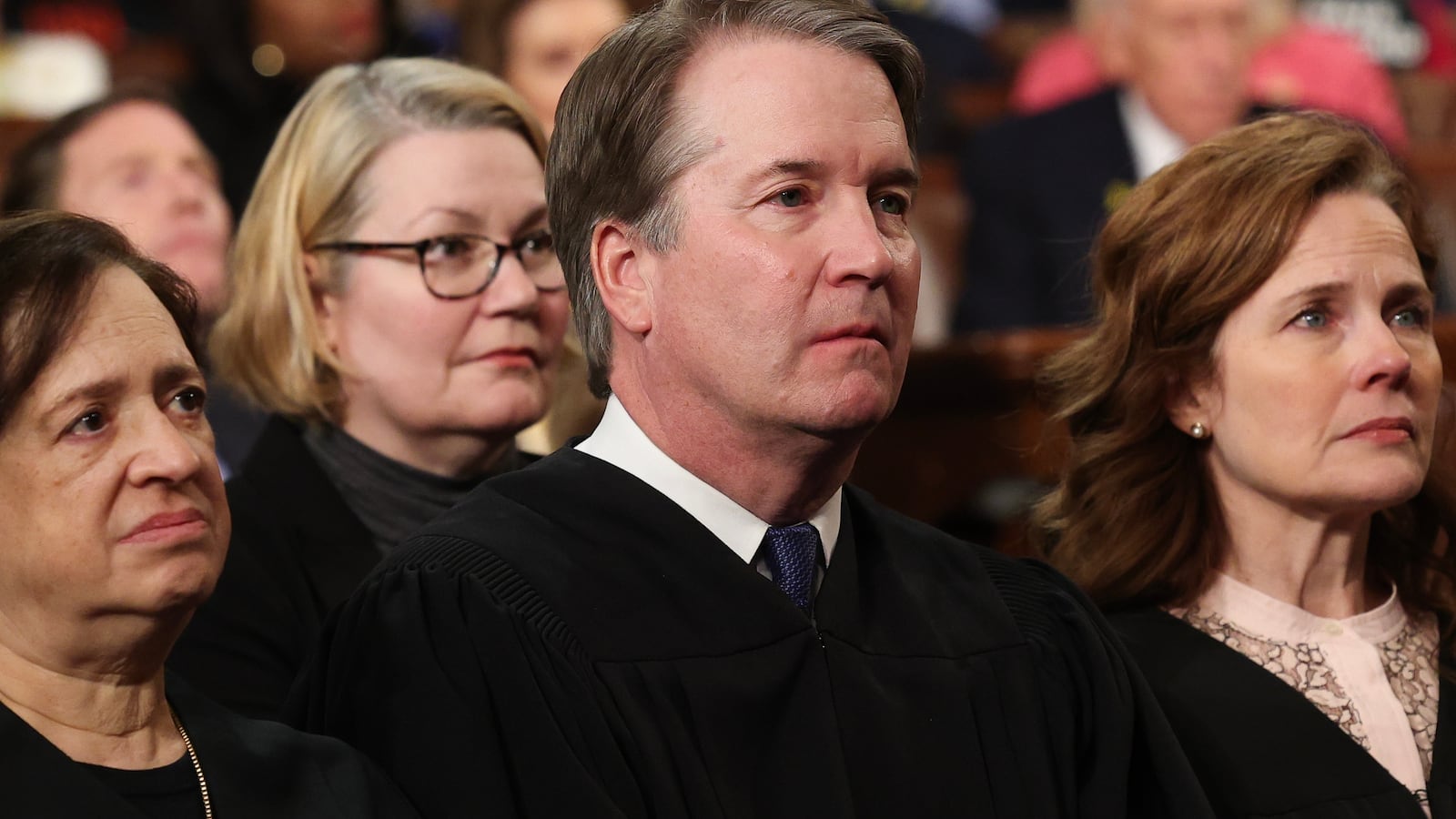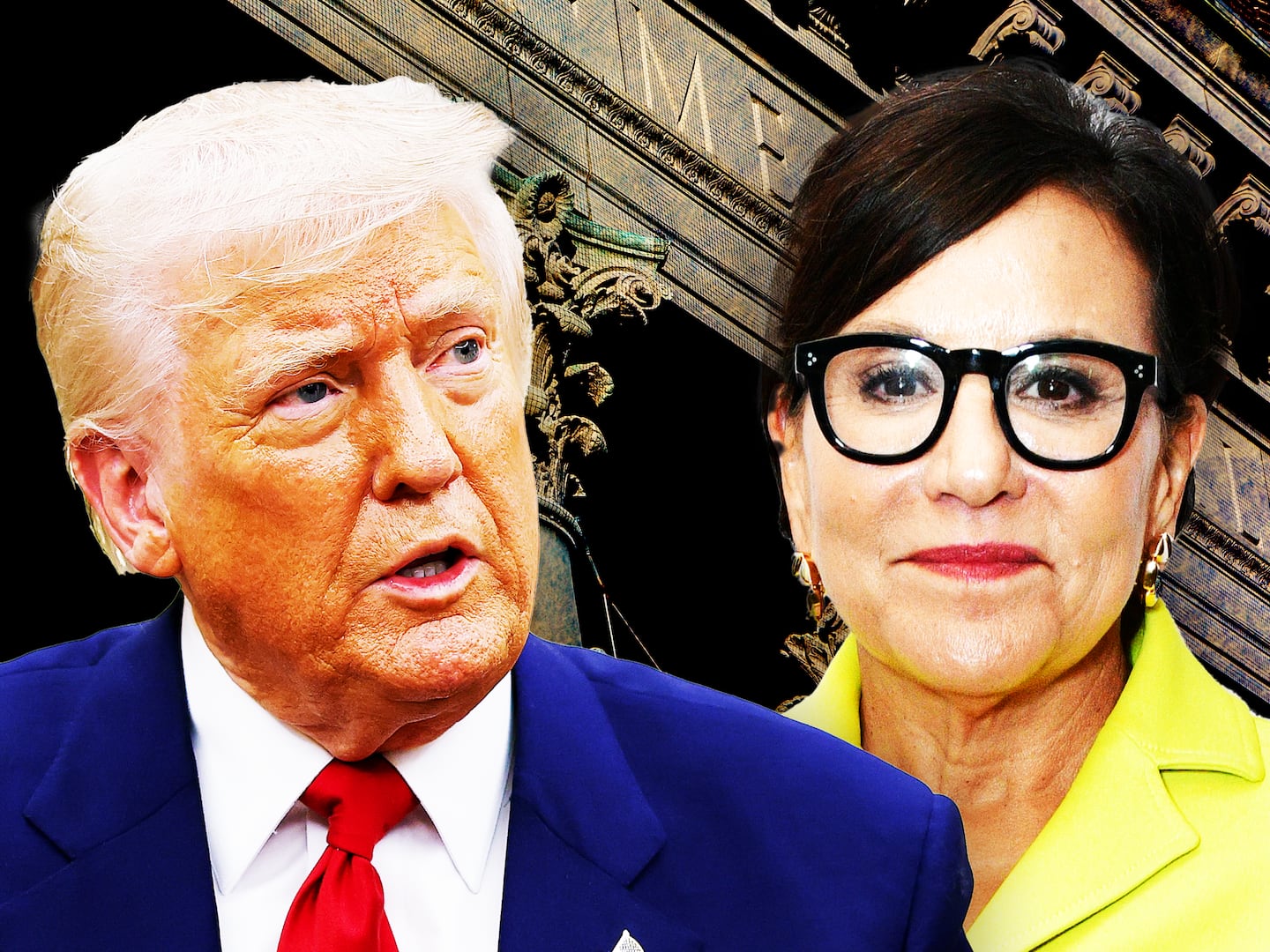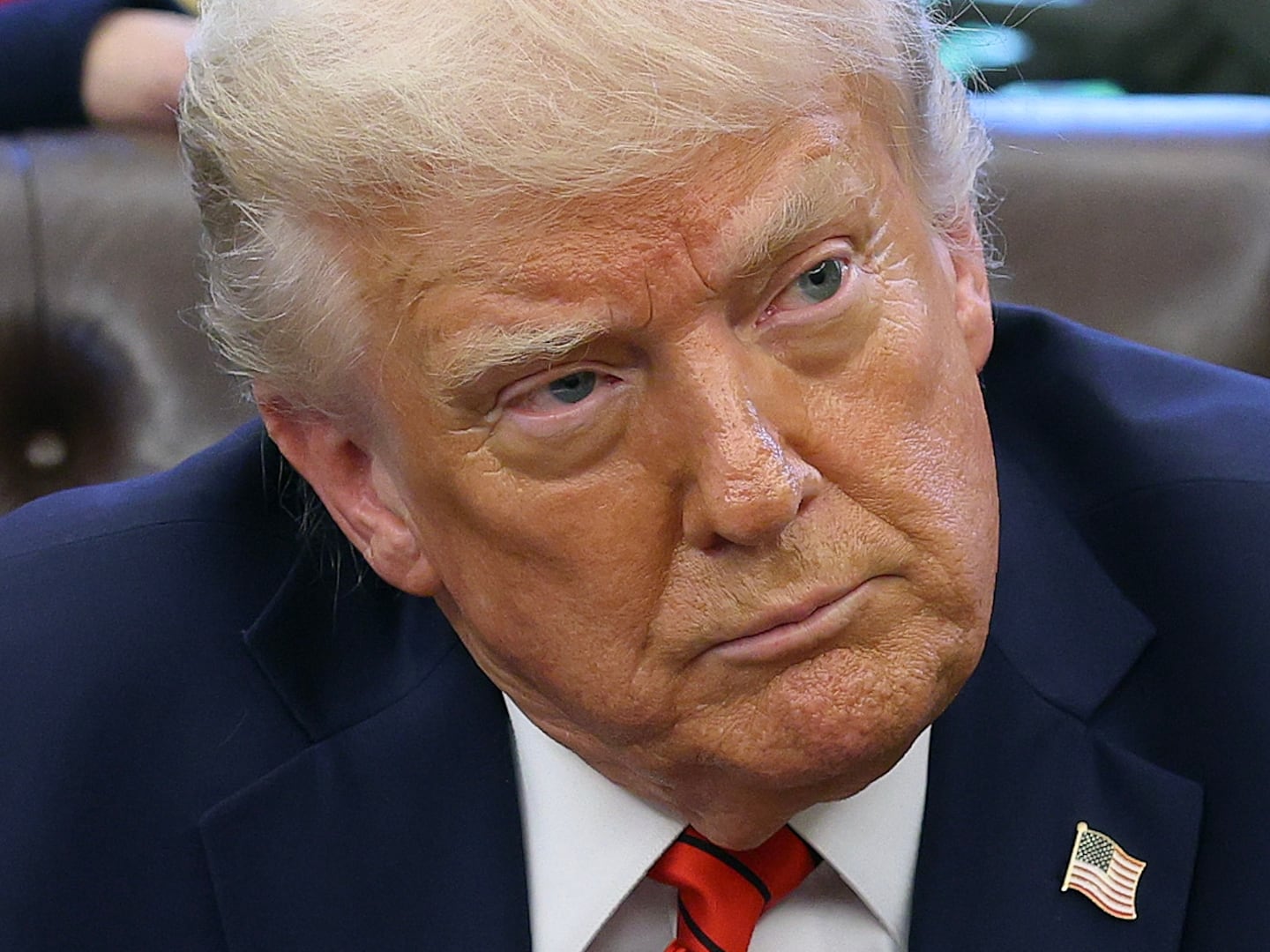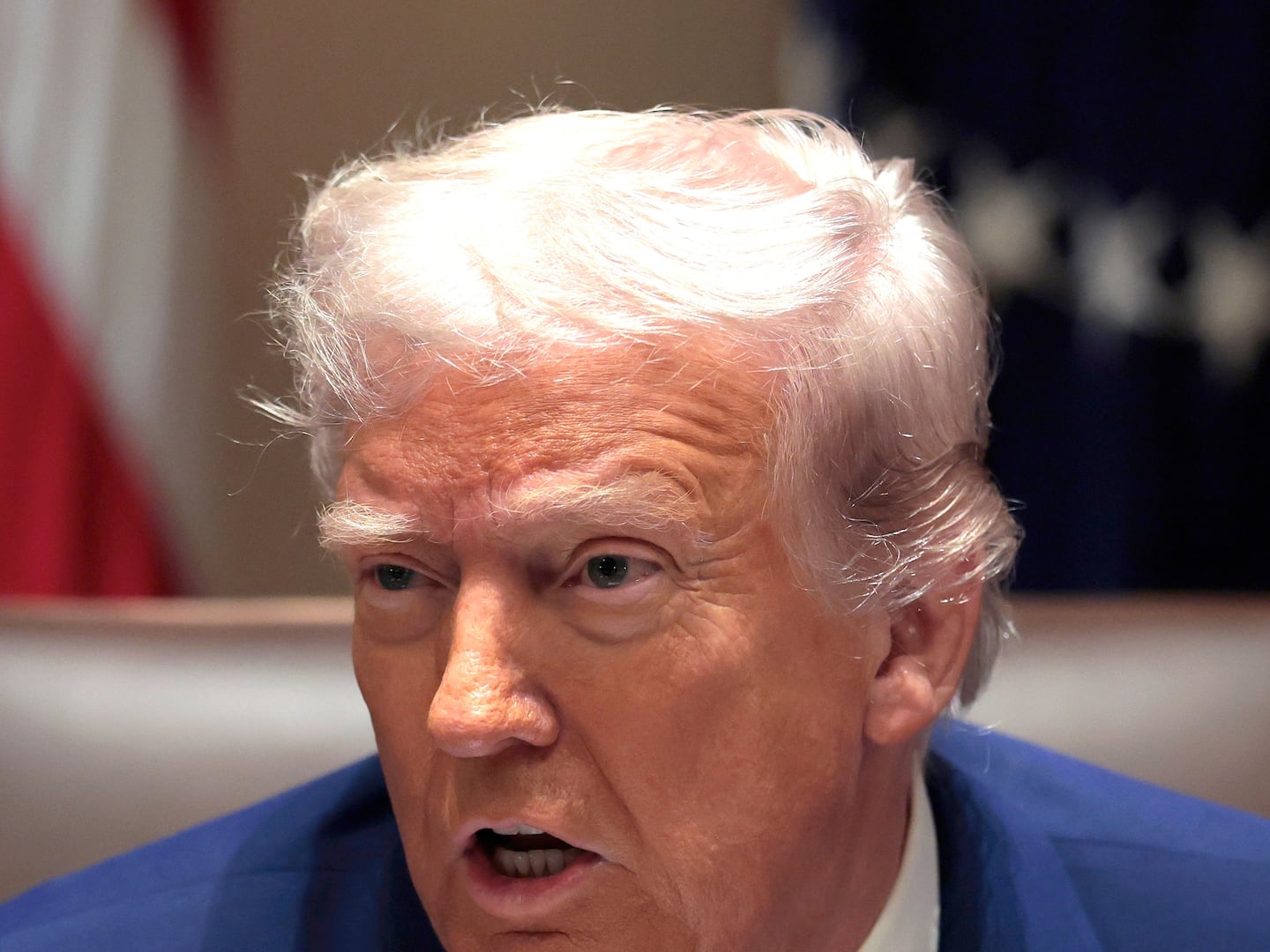The Supreme Court announced Thursday that it will hear oral arguments about whether the Trump administration can move forward in restricting birthright citizenship.
In a brief order on Thursday, the Court said a hearing will take place on May 15 to address the Trump administration’s emergency request to have the Supreme Court lift the numerous injunctions that lower-court judges across the country have imposed on Trump’s executive order on birthright citizenship.
The Court’s decision is rare and a win in itself for the Trump administration.
ADVERTISEMENT
Justices typically only hear oral arguments between October and April. In this case, they have intervened earlier at the behest of the Trump administration—despite the fact that it has not gone through the typical appeals process.
The Trump administration did not ask the Supreme Court to rule on the constitutionality of its executive order, but rather to determine whether lower court judges had exceeded their authority in imposing pre-emptive nationwide injunctions on the order.
The administration’s legal argument is also extraordinary. Typically, any federal district court judge across the country has the power to enjoin laws they suspect may be unconstitutional. The Trump administration wants to strip them of that right.
“Courts have graduated from universal preliminary injunctions to universal temporary restraining orders, from universal equitable relief to universal monetary remedies, and from governing the whole nation to governing the whole world,” acting Solicitor General Sarah Harris wrote in a March filing.
In its announcement on Thursday, the Supreme Court pushed back against the Trump administration, stating that it must wait until May 15 to present its case. In effect, this means that Trump’s executive order will remain on pause.
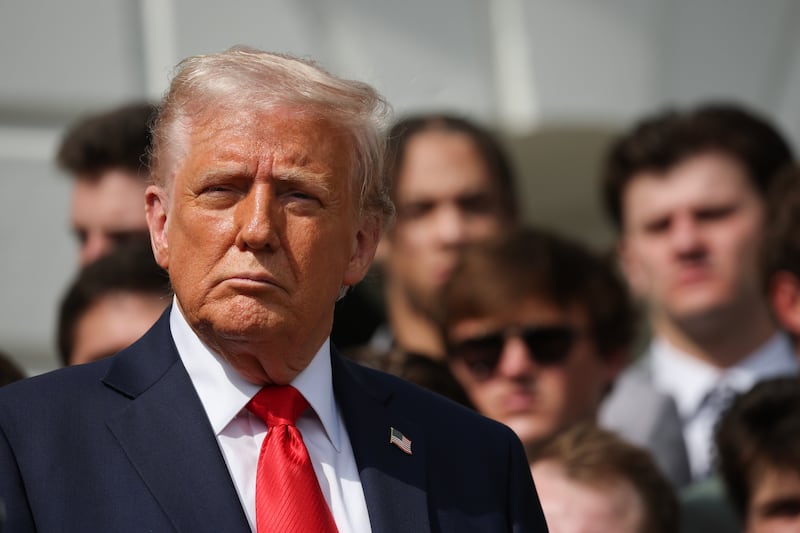
On his first day in office, President Donald Trump signed an executive order declaring an end to birthright citizenship for babies born in the United States to parents who are not citizens or legal permanent residents (i.e., hold a green card).
The attorneys general of 22 Democrat-led states challenged the legally dubious order in court, which directly contradicts the Constitution’s Fourteenth Amendment.
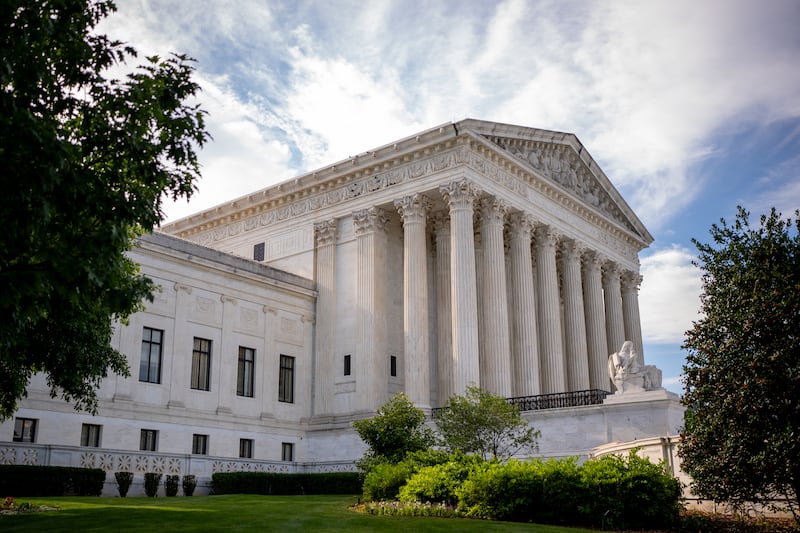
Ratified after the Civil War, the Fourteenth Amendment states that “all persons born or naturalized in the United States, and subject to the jurisdiction thereof, are citizens of the United States and of the state wherein they reside.” Courts have interpreted the Amendment to afford automatic citizenship for almost every child born in the U.S. over the past century.
Trump’s executive order sparked immediate backlash from Democratic-led states and immigrant advocacy organizations.
New Jersey Attorney General Matthew Platkin, who is co-leading one of the lawsuits filed against Trump’s order, said the executive action is “blatantly unconstitutional.”
“Birthright citizenship was enshrined in the Constitution in the wake of the Civil War, is backed by a long line of Supreme Court precedent and ensures that something as fundamental as American citizenship cannot be turned on or off at the whims of a single man,” Platkin said in a statement to The Hill.

